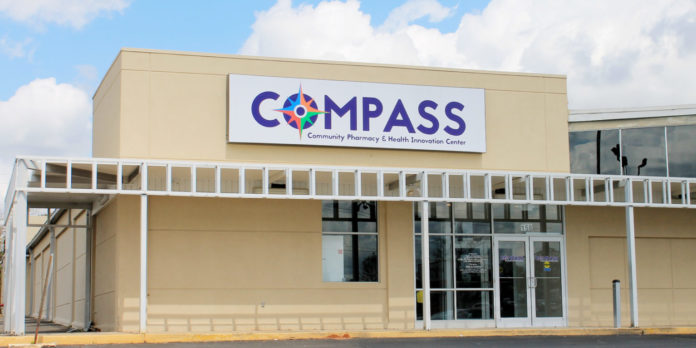Mercer University School of Medicine’s Department of Community Medicine and the North Central Health District’s COMPASS Cares Community Pharmacy and Health Innovation Center were recently awarded a $600,000 federal grant from the U.S. Department of Health and Human Services Health Resources and Services Administration (HRSA) as part of the Special Projects of National Significance (SPNS) Program.
The SPNS program supports the development of innovative models of HIV care and treatment in order to quickly respond to emerging needs. COMPASS Cares’ HOPE Center, a comprehensive, Ryan White-supported health clinic in Macon for people living with HIV/AIDS, is one of 10 sites nationally selected for this award.
The grant project, titled “Building Capacity to Implement Rapid Antiretroviral Therapy (ART) Start for Improved Care Engagement in the Ryan White HIV/AIDS Program,” will support a multidisciplinary team-focused intervention to provide Rapid Initiation of Therapy (RIOT) to clients who are new to care and newly diagnosed with HIV/AIDS.
RIOT reduces the overall average time to therapy initiation from 14-20 days to no greater than 72 hours, thus shortening the time between diagnosis and viral suppression, lowering the risk of transmission sooner and improving the rate of retention in care.
“Since 2018, Georgia has had the highest rate of HIV seroconversion in the nation and 71% of new cases were African-Americans, mostly young men and women, between the ages of 17-31,” said Alan L. Wells, Ph.D., MPH, associate professor of community medicine in the School of Medicine. “Our health district also has the added burden of serving rural Central Georgia counties where small hospitals have limited ability to respond to the specialized care needs of people living with HIV/AIDS.
“Compass Cares provides much needed transportation and primary care to people with AIDS in rural counties, and this grant provides the resources to get people into treatment sooner.”










